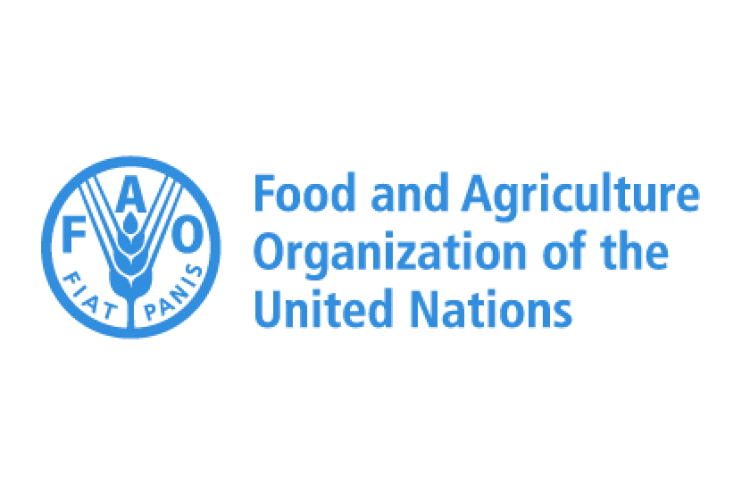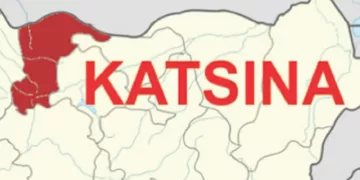Food and Agriculture Organisation (FAO) of the United Nations, in collaboration with four financing partners, is supporting 26,750 vulnerable households, returnee internally displaced persons (IDPs), and host communities in Borno, Adamawa, Yobe, and Taraba states in the northeast zone with agriculture assets to rebuild their lives and livelihoods.
The partners include the governments of Norway, the United States of America (USA), Switzerland, and the European Union (EU).
This was disclosed yesterday by the FAO representative in Nigeria and the Economic Community of West African States (ECOWAS), Mrs Dominique Koffy Kouacou, at the launch of the 2024 rainy season input distribution to the beneficiaries in the Dusuma area of Jere local government area of Borno State.
He said the 2024 intervention in Borno will benefit 9,975 households in seven local government areas. The FAO support will help households mitigate the escalating food insecurity while building the resilience of the returnees in the settled communities and other vulnerable families in the state.
“FAO’s emergency strategy aims to strengthen the food production capacity of farming and agro-pastoral communities in conflict-affected areas.
FAO’s vision of zero hunger, as highlighted in SDG2, guides our intervention through the procurement and distribution of nutrient-dense vegetables, cereals, legume-quality seeds, and NPK fertilisers.
“This year, with the funding support from four financing partners, including the Governments of Norway, the United States of America, Switzerland, and the European Commission, FAO is supporting 26,750 vulnerable households, including returning IDPS and their host communities with productive agriculture assets to rebuild their lives and livelihoods.
“The 2024 intervention in Borno state will benefit 9,975 households across 7 Local Government Areas in the State. The support by FAO will help households mitigate the escalating food insecurity while at the same time building the resilience of the returnees in the settled communities.
“We expect these interventions will improve food production and income generation and build resilience among conflict-affected returnee households,” he said.
He said FAO appreciates the strong collaboration with the Borno State government, supported by Prof. Babagana Umara Zulum, the governor of Borno State.
In his remarks, Borno State acting governor Umar Kadafur said this bold and imaginative initiative is a collaborative effort between the Borno State Government and the FAO to help the people, especially those recently relocated back to their ancestral homes, restart a meaningful livelihood and improve their productive capabilities and general well-being.
He said the inputs distributed include assorted improved cereal, legumes, maize, vegetable seeds, and bags of wet-blended NPK fertiliser.
We’ve got the edge. Get real-time reports, breaking scoops, and exclusive angles delivered straight to your phone. Don’t settle for stale news. Join LEADERSHIP NEWS on WhatsApp for 24/7 updates →
Join Our WhatsApp Channel










